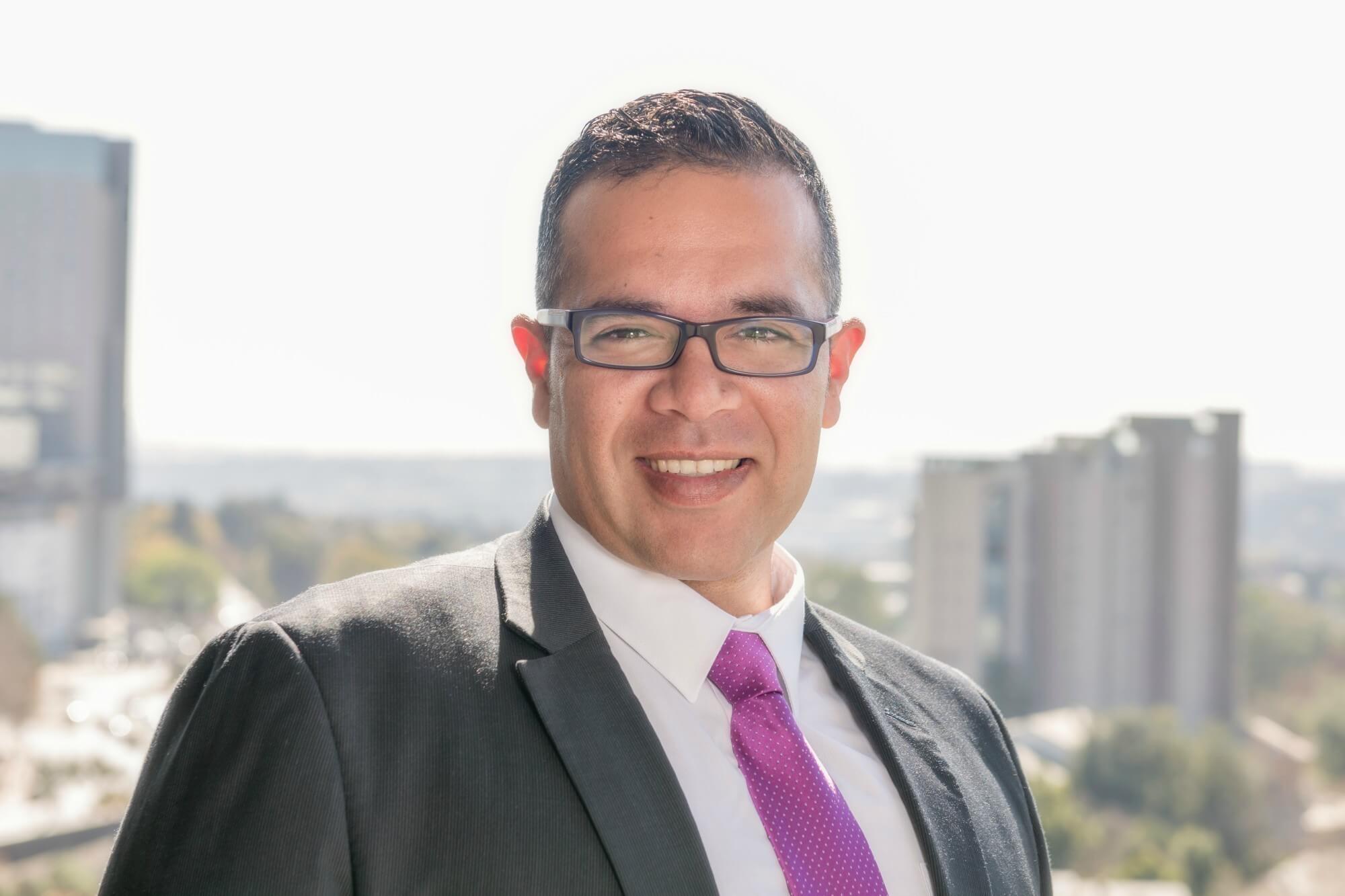Watch your step! High Court Rules on Property Owner’s Liability in Falling Glass Case
Expert opinion and silent promises: the hidden risks in medical negligence
-
Insight Article 04 June 2025 04 June 2025
-
Africa
-
Regulatory movement
-
Healthcare
Expert witnesses, implied terms, and informed consent are critical elements that can significantly influence the outcome of medical malpractice claims, for both plaintiffs and defendants. In a recent decision, the Western Cape High Court reaffirmed the significance of expert witnesses and the role of implied terms in patient doctor relationships. However, notably, the court did not engage with the issue of informed consent, despite the facts raising pertinent questions in that regard.
In the case of Cheminais v Crane the defendant, an orthopaedic surgeon consulted with the plaintiff, who complained of chafing on the outside of his right heel. The parties agreed, by way of oral agreement that the plaintiff would undergo surgery to remove “a small osteophyte”. The agreement was reached despite the plaintiff’s x-rays showing no abnormalities.
The defendant excised a large portion of the calcaneus bone and interfered with the Achilles tendon, which resulted in a fracture and subsequent complications. The plaintiff was under the impression that recovery would take up to two weeks. However, he remained in a moonboot and made use of crutches for nearly a year after the surgery.
The first point of contention in this matter is the fact that the plaintiff signed a blank consent form which was later completed by the defendant. The defendant stated that the surgery would be a “right open resection of the Haglund’s deformity” which is far more invasive than the procedure orally agreed upon. Although the court did not explicitly engage with the issue of informed consent, this scenario raises serious concerns under both the common law doctrine of informed consent and the National Health Act 61 of 2003. In this regard, the principles set out in Castell v De Greeff 1994 (4) SA 408 (C) and Louwrens v Oldwage 2006 (2) SA 161 (SCA) are particularly instructive.
Notably, in Cheminais v Crane, the plaintiff chose not to rely on the defendant’s failure to obtain informed consent prior to performing the procedure in question. Instead, it was the plaintiff’s case that the defendant breached his contractual and professional duty of care by performing surgery that was more extensive than what was agreed upon. The court was a called upon to decide whether this conduct constituted medical negligence.
The court considered conflicting expert evidence presented by the parties’ respective experts. The defendant’s expert believed the fracture was due to a stress fracture as a result of poor post-operative care by the plaintiff. However, this was strongly disputed by the plaintiff’s expert, who argued that the fracture was caused during the initial surgery performed by the defendant.
During the cross examination of the defendant’s expert, it came to light that he was not well versed in procedures of this nature as he generally did not conduct surgery involving feet. Further, and quite surprisingly, the defendant’s expert conceded that he had only considered one of the twelve MRI scans which were available.
The court found that the evidence of the plaintiff and his expert were more credible. In coming to this conclusions, the court emphasized that courts must at all time approach expert evidence objectively and referred to a passage from the English case of Dingley v The Chief Constable, Strathclyde Police which held that “One cannot entirely discount the risk that, by immersing himself in every detail and by looking deeply into the minds of the experts, a judge may be seduced into a position where he applies to the expert evidence the standards which the expert himself will apply to the quest whether a particular thesis has been proved or disproved – instead of assessing, as a judge must do, where the balance of probabilities lies on a review of the whole of the evidence."
In holding the defendant liable for the plaintiff’s damages, the court reiterated that it was an implied term of the doctor/patient agreement that the defendant would at all reasonable and material times exercise such skill, care and diligence as was reasonably required. Based on the facts as presented, the court found that the defendant breached these implied terms in that he performed a significantly more extensive surgery than was agreed upon and did not act with the necessary skill and care, and thereby was negligent.
The judgment reaffirms the importance of the duties and responsibilities created by a professional relationship between patient and doctor and the highlights the dangers of deviating from the implied terms created through such a relationship.
The judgment further emphasizes the critical role of expert testimony in legal proceedings and the importance of ensuring that an expert is provided with all the necessary documentation and has sufficient experience in medical field relevant to the matter.
For expert assistance on medical malpractice and professional negligence matters, get in touch with Deon Francis or Franki Gush.
End
